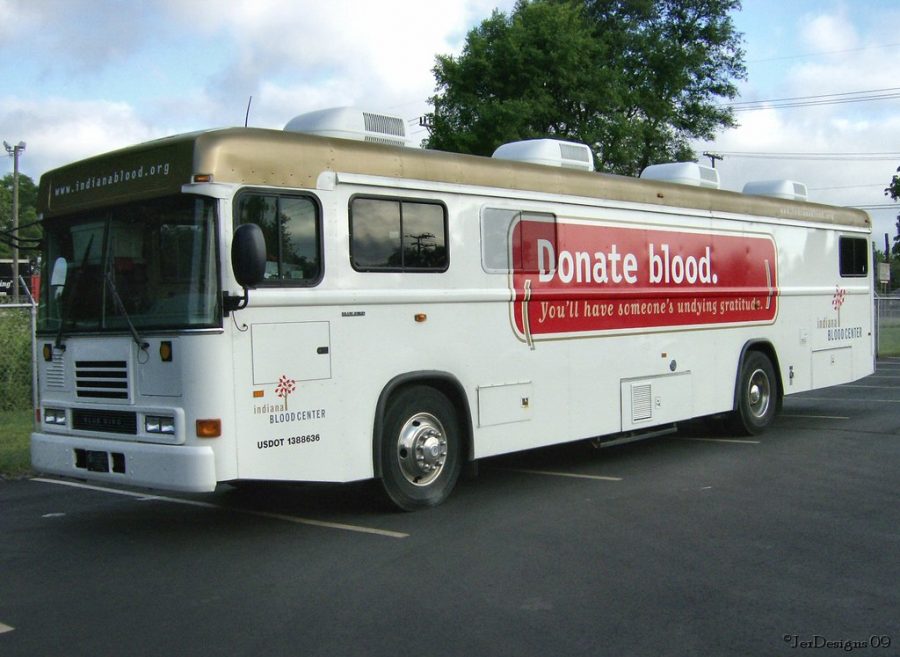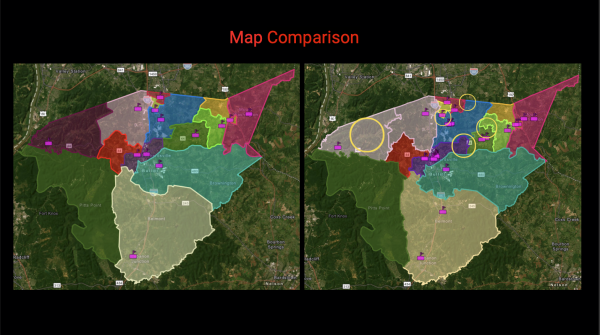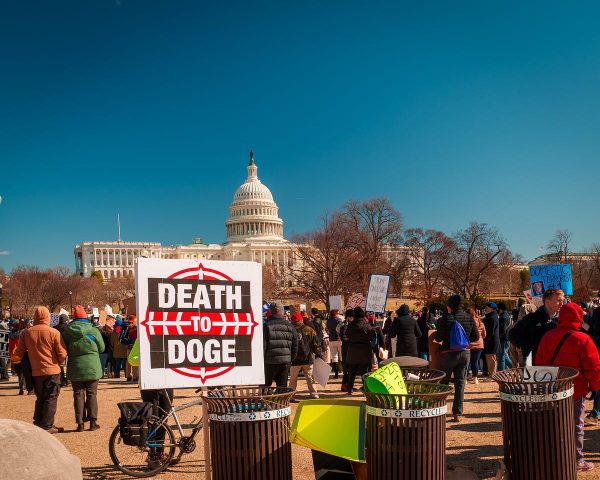Queer Men’s Ability to Donate Blood Restricted by FDA
It’s homophobic hemophobia.
According to the FDA, men who have sex with men (MSM) are ineligible to donate blood in all United States (U.S) blood banks unless they defer from sexual activity for three months.
Not only is this policy discriminatory, but the United States. is in the middle of a blood shortage. This is keeping those who need blood in life-saving situations from receiving it. It also is based on misleading information and perpetuates many oppressive stereotypes against MSM.
Historically, the U.S. has implemented poor and discriminatory policies regarding the LGBTQ+ community. Until recently, MSM was banned entirely from donating blood. This policy remained stagnant from when it was introduced in 1985 to 2015.
The original policy was executed during the Human Immunodeficiency Virus (HIV) epidemic or what is was then bigotedly referred to as, the Gay-Related Immune Deficiency (GRID) epidemic. During this time, men were shunned more than ever for being openly queer. People throughout the world began to generalize all MSM as dirty and ridden with sexually transmitted diseases. This stereotype is so strong that it managed to make its way into scientific papers and research which are only now beginning to be disproven. This is a stereotype is still ingrained in our heteronormative society, today.
It not only affects MSM men negatively within the medical field, but it also affects the dating lives of bisexual and other queer men attracted to women. Since it is such a common stereotype that MSM are ‘dirty’ for having sex with other men, many straight women will not be romantically or sexually involved with any queer men. This then leads to the invalidating and common idea that all bisexual and queer men who are interested in women are just closeted gay men since they never or infrequently date women, which is actually due to this barrier built by homophobic rhetoric.
Another way that this stereotype is perpetuated is through the way that many straight men perceive MSM and women who have sex with women (WSW). Many straight men fetishize WSW and some will even be friends with WSW all while maintaining this homophobic ideology in their heads that MSM are disgusting. This belief is obviously very illogical and seems to stem from nowhere, but in reality, this stereotype built during the HIV epidemic is one of the key factors to the contribution of this mindset.
Approximately 0.4 percent of MSM in the U.S. are living with HIV. Although high, this number nowhere justifies the strict restrictions that the government has put on queer men from doing the simple task of donating their blood. A government cannot ethically police an entire group of people based on such a small percentage. When this policy was implemented in the late 1900s, one in nine MSM had HIV. While arguably still discriminatory, this was at least based on rational thought due to it being such a large number. However, the difference between less than half a percent and over ten percent is a great one.
This policy is not only homophobic but also racist. Like most issues in the U.S., those who are black and brown are the most affected by this law. Due to systemic medical, educational, and health barriers 63 percent of queer men who have HIV are black and latino. Similarly to other laws in America this one is policed heavier on populations of black and latino people causing queer men who are black and latino to not be able to donate blood more frequently. The intent of this law may not be racist like it is homophobic, however, the impact of it is.
Socioeconomic status also plays an important role in who can and cannot donate blood, as well. Unhoused and low-income people are more likely to engage in risky sexual activity to provide for their necessities than someone of a wealthy socioeconomic position. They also have less access to protective methods such as condoms or medication. This leads to the pattern we see between lower economic status and rising HIV rates. Along with this, comes the over-policing of unhoused and low-income people like is seen in Black and Latino people preventing MSM in this population from donating blood more frequently as well.
The U.S. is currently having a blood shortage. This is the only reason that the previous outright ban on MSM’s blood was replaced with the still problematic three month wait in 2015. It is completely illogical to keep a policy in place that puts up barriers for a large number of people in your population from donating their blood during the middle of a blood shortage. This policy doesn’t make sense in terms of the reasoning behind its implementation or the reasoning of its continuation. To top off the illogical reasoning, all blood in the U.S. is tested for HIV before it is given to the recipient, so even if a queer man was to donate blood containing HIV there would be no negative impact due to it never entering anyone else’s blood supply.
Even so, straight people are more likely to have HIV without knowing it. After the ignored HIV crisis under President Ronald Reagan’s administration, the LGBTQ+ community had to learn to take care of themselves. Regular testing, higher chances of using preventative methods, and taking preventative medicine like PrEP designed to reduce the risk of obtaining and spreading HIV are all a part of how queer people live now. Straight people, on average, are less likely to take these preventative measures and therefore are less likely to know they have the virus. This would mean that a straight person would be more likely to donate HIV-infected blood without realizing it, compared to a queer man.
The policy implemented by the CDC that prevents MSM from donating blood without a 3 month abstinence period is based on illogical reasoning. There is no reason that a healthy queer man should have any more restrictions on donating blood than a healthy straight man. The United States. is in the middle of a blood shortage and could use all the blood it can get.






